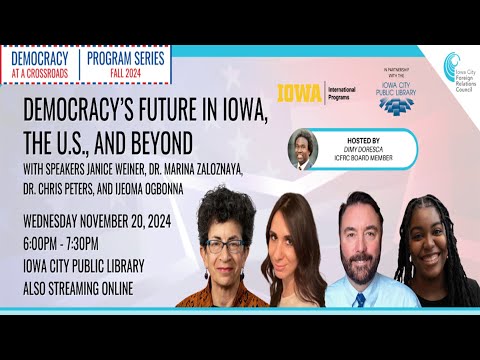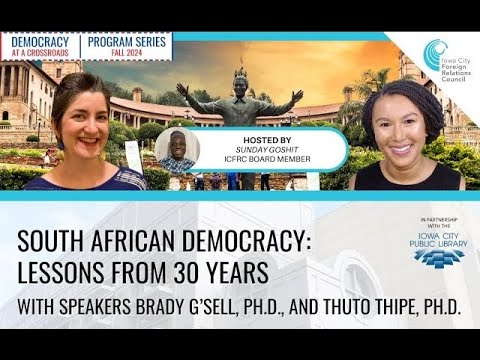Europe still lacks a "European" public sphere and a media system that serves it. As was the case during the 2019 EU parliamentary election, the 2024 contest exhibited regional differences in the themes covered by national media and their emphasis on European-wide issues. Most voters' choices of representative MPEs reflected national politics and perceived interests, and relatedly, the ideological divides that positively or negatively assessed European-wide problems, e.g., climate change, ongoing wars, EU expansion, etc. The dominant reliance on social media for news, in informal ways significantly augmenting the traditional media's "journalism of perspective," contributed both to reinforcing and enhancing the existing political and ideological polarization in most EU member nations. As such, unevenly across the continent, they also further splintered the national public spheres, diminishing the prospects of "manufacturing of consent" on several issues important to the European Union.
Peter Gross is professor emeritus and former Director of the University of Tennessee’s School of Journalism and Electronic Media (2006-2016). Before his tenure at UT, he held the Gaylord Family Endowed Chair at the University of Oklahoma, Gaylord College of Journalism and Mass Communication. His research focus is East and Central Europe society, media and journalism.
Cosponsorship between the Iowa City Foreign Relations Council and the Iowa City Public Library.
Current Issues and Politics Iowa City Foreign Relations Council




